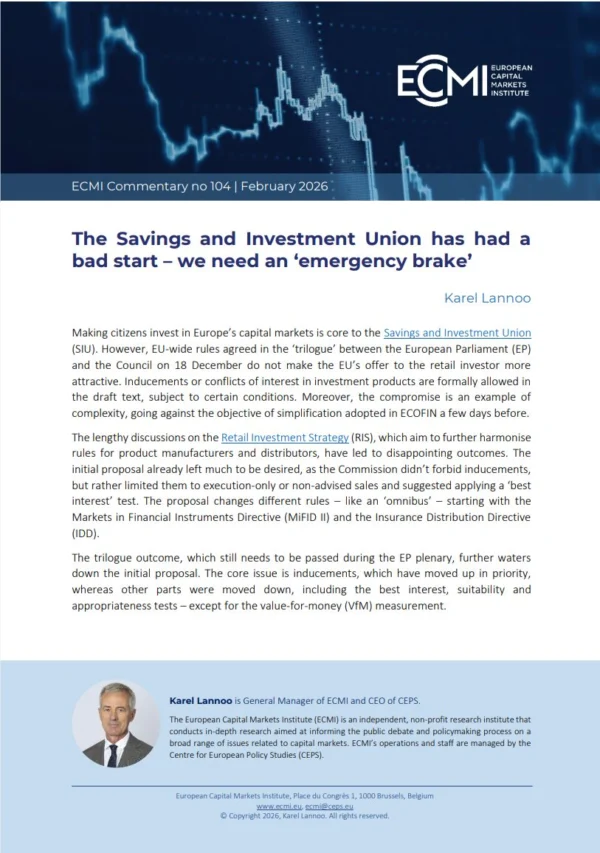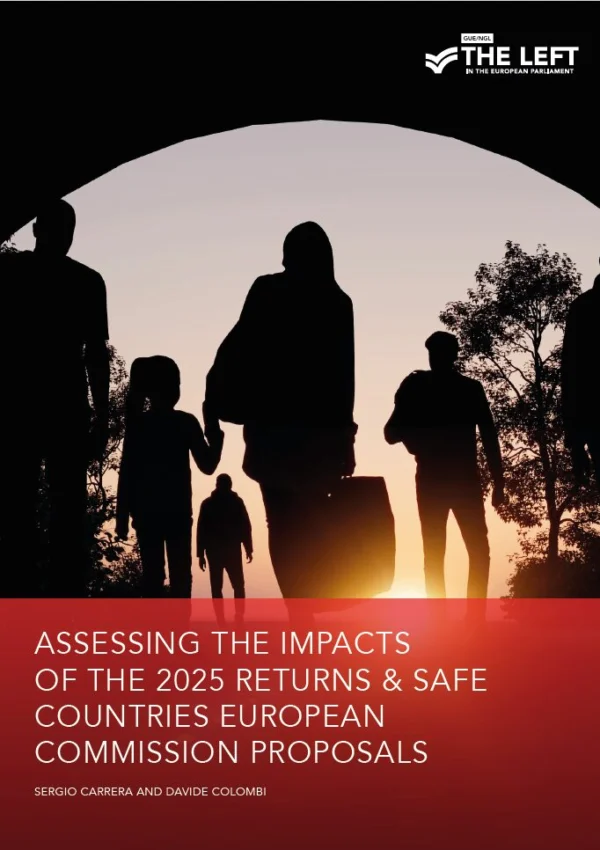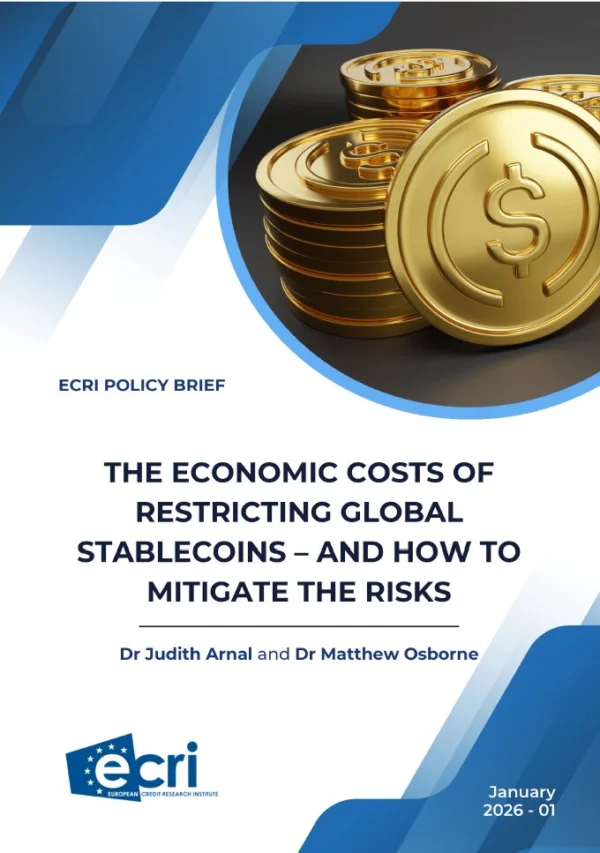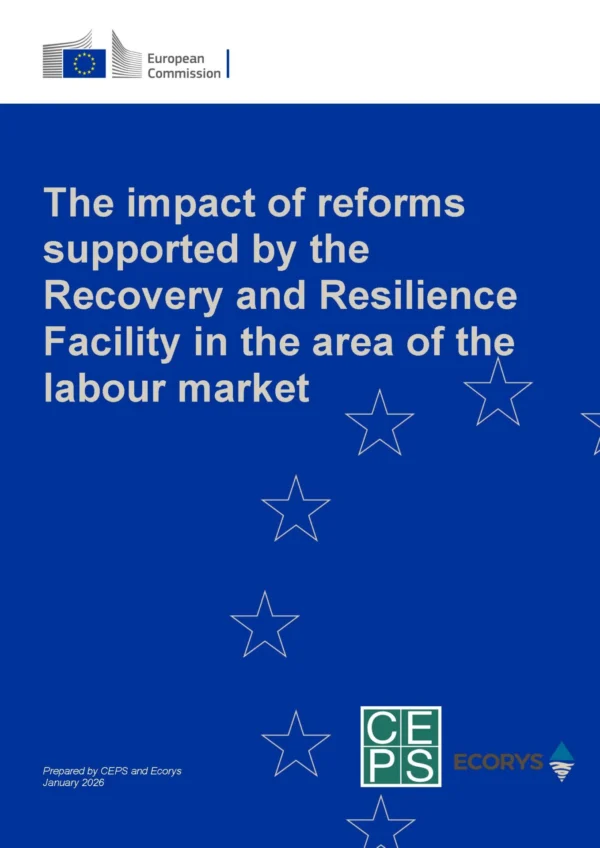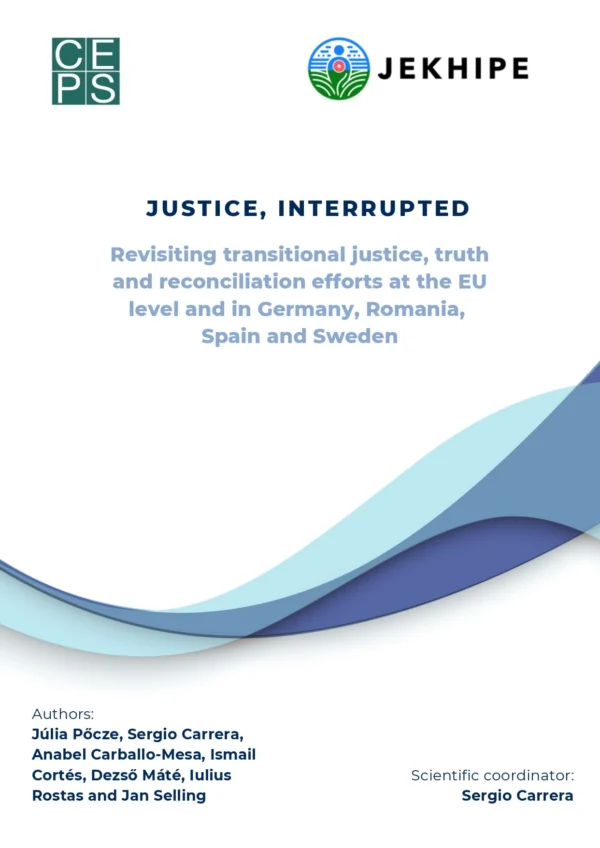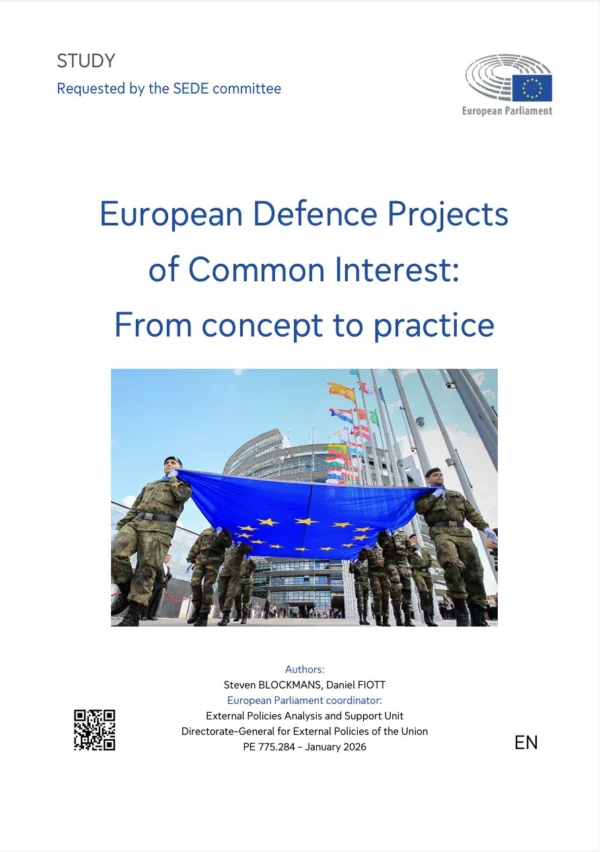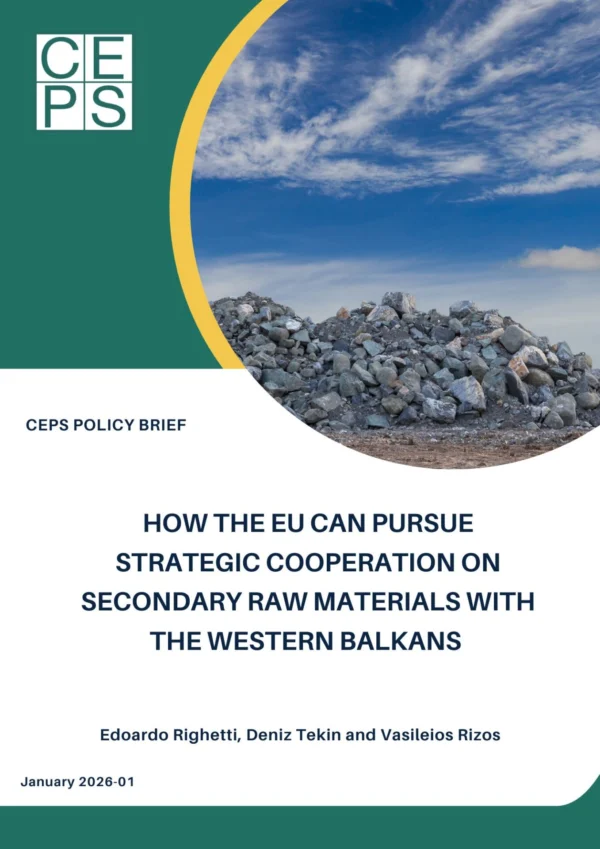<!–[if gte mso 9]>The European Investigation Order (EIO) seeks to establish a complete system for obtaining evidence in cross-border cases. It represents a further step in the evolution of the mutual recognition agenda and the deepening of criminal cooperation among member states. It has far-reaching implications for individual rights because of its breadth, its application to individuals who are not suspects and the nature of its invasive provisions. Careful justification is required to ensure legitimacy.
This paper considers the place of the EIO within the mutual recognition programme, the scope of the EIO and its application. It analyses the sufficiency of safeguards, e.g. proportionality and the effect of inconsistency in the implementation of human rights standards. In doing so it looks at whether the Roadmap for Strengthening Procedural Safeguards will assist and takes into account the views of the EU Agency for Fundamental Rights and the European Data Protection Supervisor. The paper recommends specific protections for the individual, to ensure proportionality and the consistent implementation of the EIO in practice, including consistent standards for evidence gathering, data protection law and respect of human rights.
Debbie Sayers runs the legal research consultancy Inter alia and has recently been awarded a PhD in Human Rights and Criminal Justice in the EU from the University of Essex.

